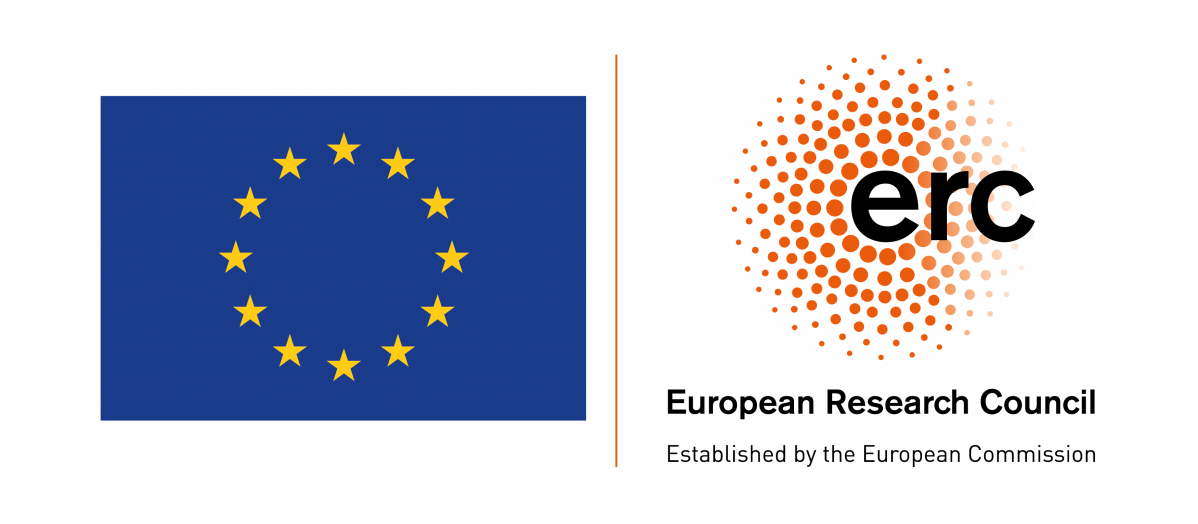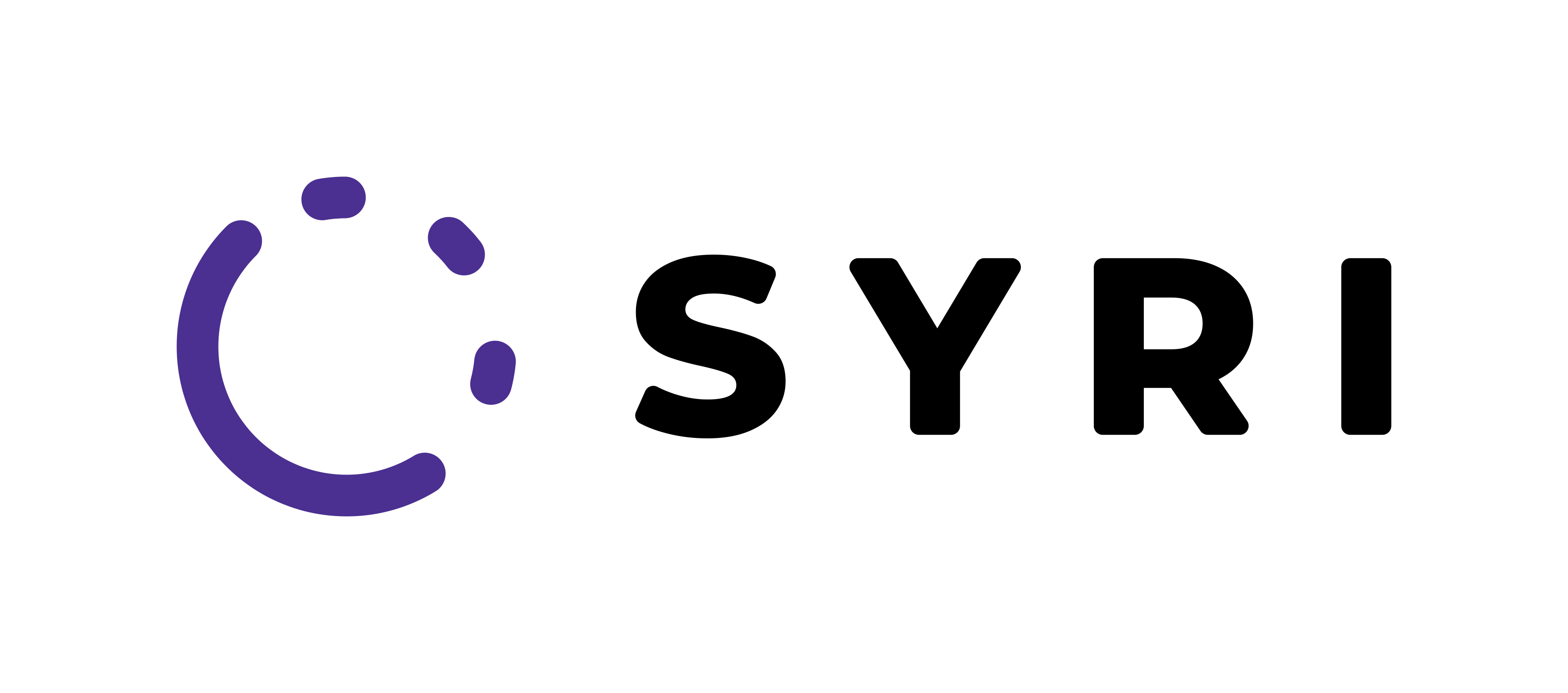Anotace
G.W. Leibniz famously pursued the ideal of a universal characteristic, both a lingua franca to be used by all mankind and a tool for the universal and rigorous expression of knowledge. Alongside a calculus, this project was meant to fulfil human scientific needs. G. Frege and E. Schröder, following a trend among nineteenth century logicians, referred to Leibniz's project in order to defend their respective conceptions of logic, which disagreed in essential aspects. Frege's early attempt to realise Leibniz's ideal was the logic of Begriffsschrift (1879). According to a traditional interpretation, the formal system he proposed in this work is an essentially correct formal system for second-order logic: the first one in the history of the discipline. However, this acquired reading contradicts in some substantial ways Frege's text. In my talk, one the one hand, I will review the rational motivations that led Frege to develop his early logic. On the other, I will explain why is it reasonable to consider an alternative reading of Begriffsschrift and how this reading can be useful for improving our global understanding of Frege's work.





